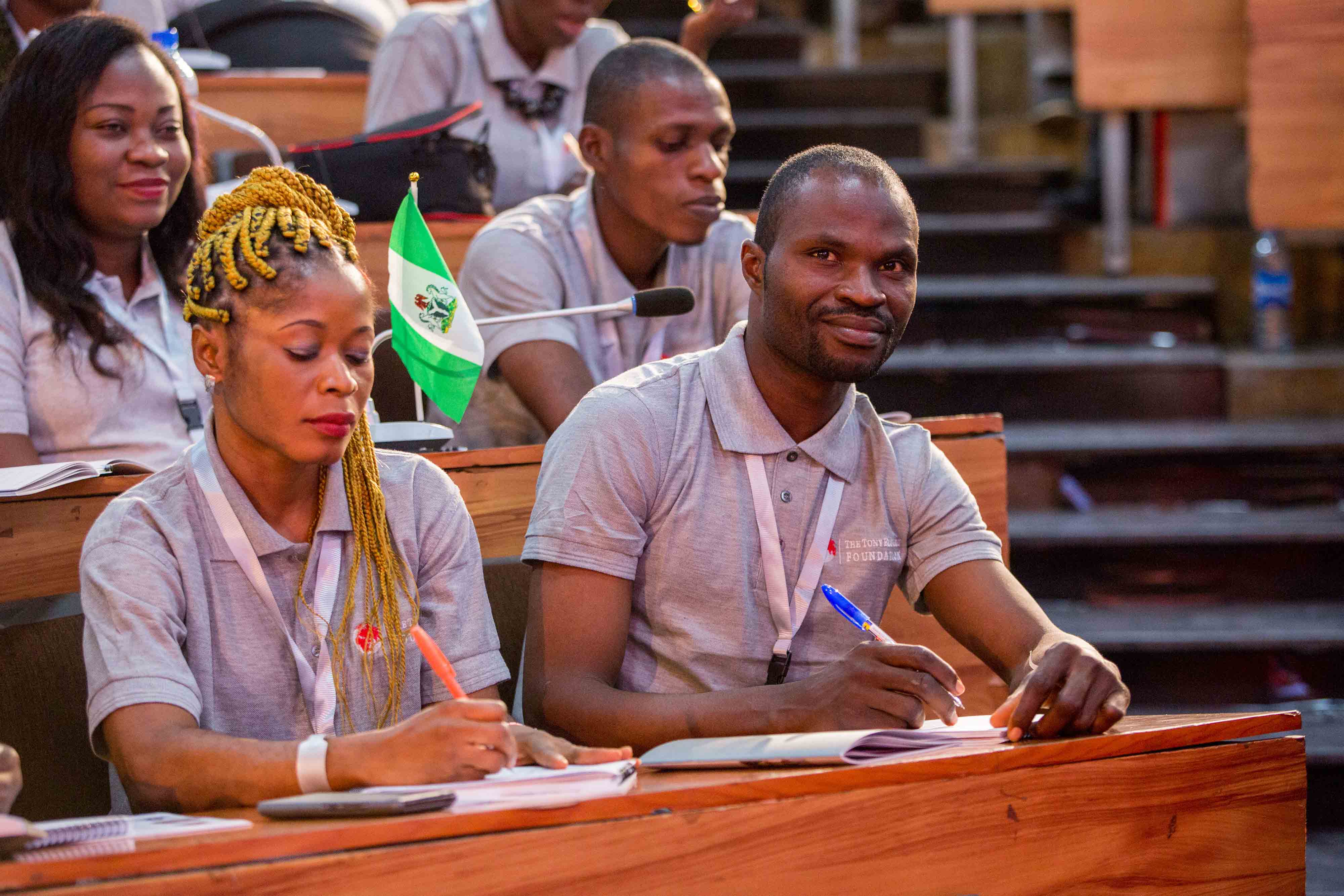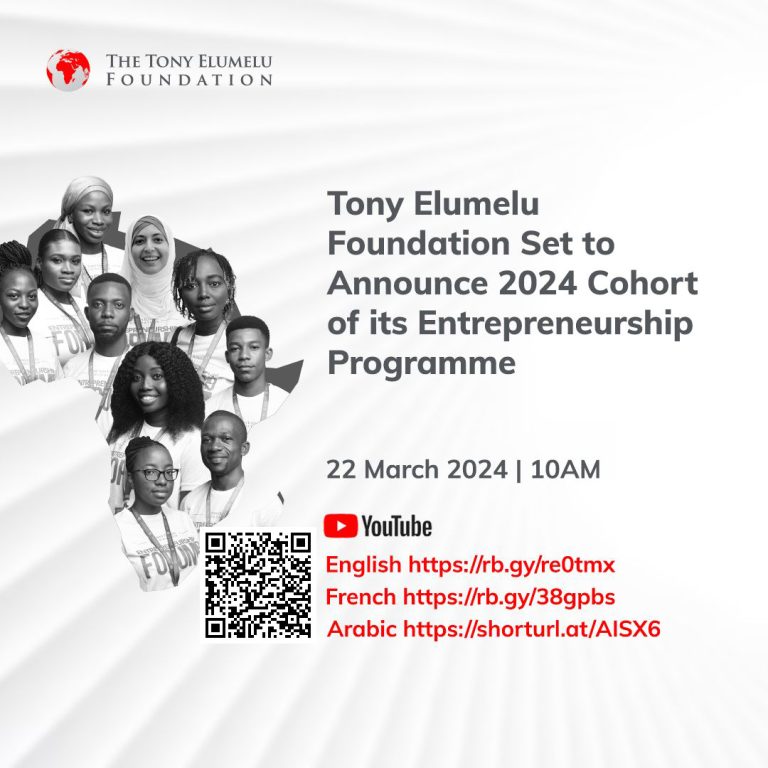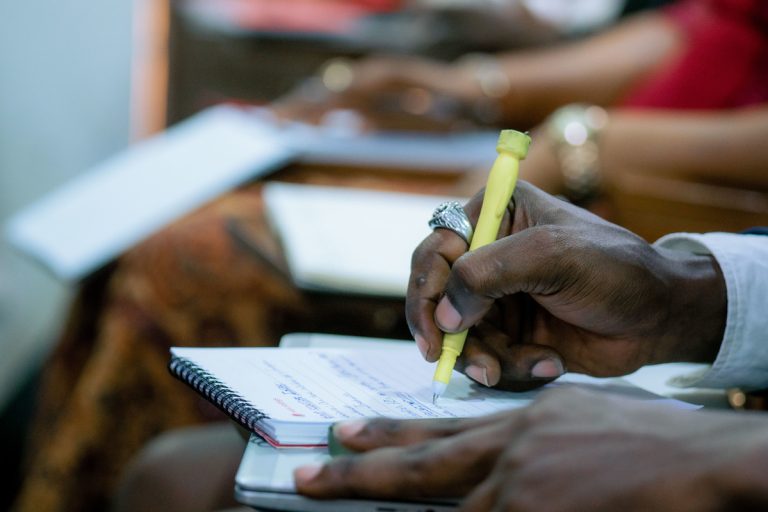
access to training
entrepreneurs funded
We believe in African Entrepreneurship. So
We built an infrastructure that supports entrepreneurial talents across the continent.
We built an infrastructure that supports entrepreneurial talents across the continent.
The Tony Elumelu Foundation is the leading philanthropy empowering a new generation of African entrepreneurs, driving poverty eradication, catalysing job creation across all 54 African countries, and increasing women economic empowerment. Since the launch of the TEF Entrepreneurship Programme in 2015, the Foundation has trained over 1.5 million young Africans on its digital hub, TEFConnect, and disbursed over USD$100 million in direct funding to 20,000 young African women and men, who have collectively created over 400,000 direct and indirect jobs. The Foundation’s mission is rooted in Africapitalism, which positions the private sector, and most importantly entrepreneurs, as the catalyst for the social and economic development of the African continent.



